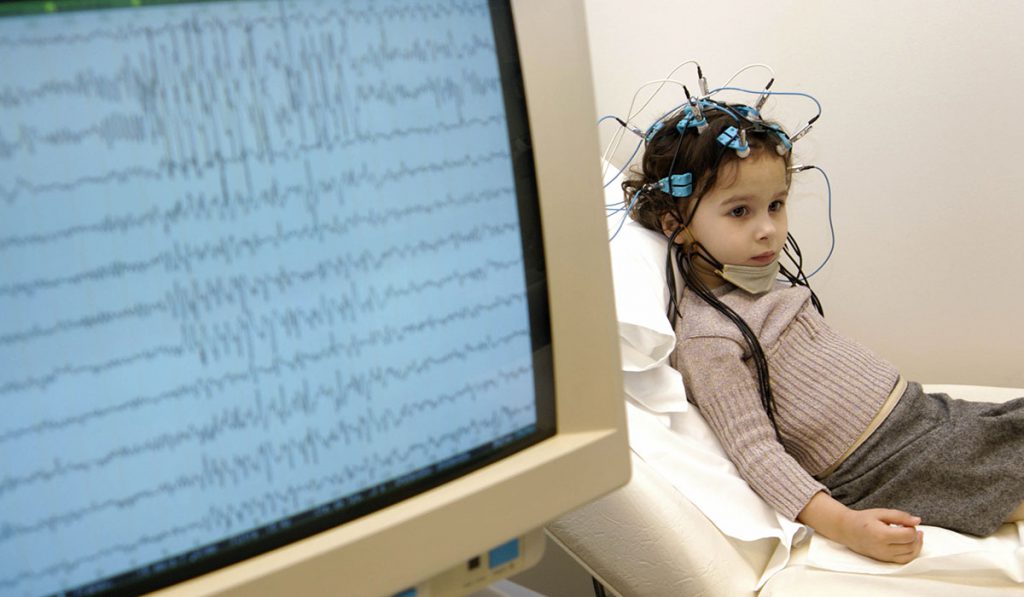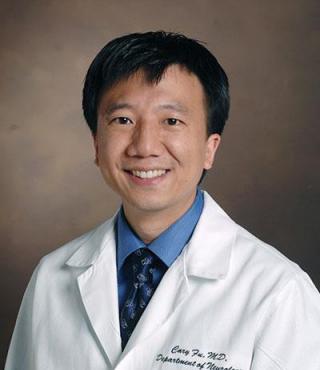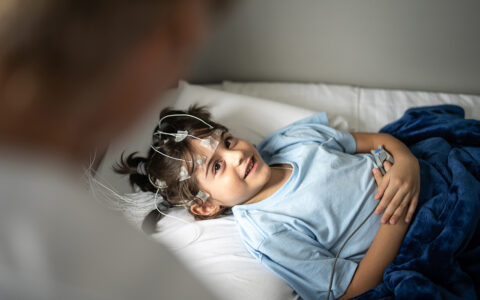A study of artisanal cannabidiol (CBD) use in patients with medically refractory epilepsy found the treatment yielded positive results with few side effects. The researchers advised medical providers to stay apprised of the potential benefits of CBD and to be aware of its rising non-prescription use in the pediatric population.
Evaluating the effectiveness of CBD for treating epilepsy is especially important as nearly one in four epileptic patients remain drug resistant. CBD use is on the rise in epilepsy patient populations, but with de-regulation in its infancy, there have been few trials that document its safety and efficacy. To better understand how artisanal preparations of CBD have worked thus far to decrease seizure rates, Vanderbilt University Medical Center researchers conducted a retrospective study in the pediatric population.
“While CBD is essentially just another medication in a growing list of medications for preventing seizures, its presumed novel mechanism of action could have important synergistic effects with existing agents,” said Cary Fu, M.D., pediatric neurologist at Monroe Carell Jr. Children’s Hospital at Vanderbilt.
“While CBD is essentially just another medication in a growing list of medications for preventing seizures, its presumed novel mechanism of action could have important synergistic effects with existing agents.”
CBD Plus Clobazam
Researchers gathered data from three patient subgroups: patients taking only CBD, patients taking CBD and clobazam, and patients taking only clobazam.
Results published in the journal Epilepsy and Behavior showed that following addition of either CBD or clobazam 33 percent of the CBD group, 44 percent of the CBD plus clobazam group, and 38 percent of the clobazam group had more than 50 percent reduction in seizure frequency. No seizures were reported at follow-up in 14 percent of the CBD group, nine percent of the CBD plus clobazam group, and 11 percent of the clobazam group.
Few negative side effects were linked to artisanal CBD use. Overall, just six percent of patients in the CBD group had increased seizures versus 16 percent in the clobazam group. The group using both therapies reported a four percent increase.
“It will be important to bear in mind that due to the non-standardized nature of artisanal CBD, conclusions regarding side effects will be difficult to generalize,” Fu said. “We can reasonably conclude that seizure reduction is due to CBD, but depending on manufacturer, other compounds may be present alongside CBD that could cause side effects not seen in this study.”
On average, the patients enrolled in the study had been treated with five antiepileptic drugs (AEDs) prior to using CBD or clobazam. No patient in the study achieved total weaning of all drugs other than CBD or clobazam, but medication reduction was seen in 21 percent of CBD, 26 percent of CBD plus clobazam, and 18 percent of clobazam patients.
Extending CBD trials to Rare Disorders
“Because of the positive experience to date for treatment of epilepsy in Dravet and Lennox Gastaut syndromes — with relatively few side effects — we look forward to testing its efficacy in other neurodevelopmental disorders in children,” Fu said.
Fu is currently working with principal investigator Jeff Neul, M.D., director of the Vanderbilt Kennedy Center, to enroll patients for a multicenter study on the impact of CBD on the behaviors, sleep patterns and clinical severity of girls with Rett syndrome, a rare genetic neurodevelopmental disorder. Evidence suggests that CBD may help prevent the excitatory/inhibitory neuronal imbalance thought to cause many of the neurological symptoms in the disorder.
“Because the yet-unknown mechanisms of action of CBD are not expected to be specific to any one neurodevelopmental disorder, there is hope that it may benefit patients with a host of unrelated disorders,” Fu said.






